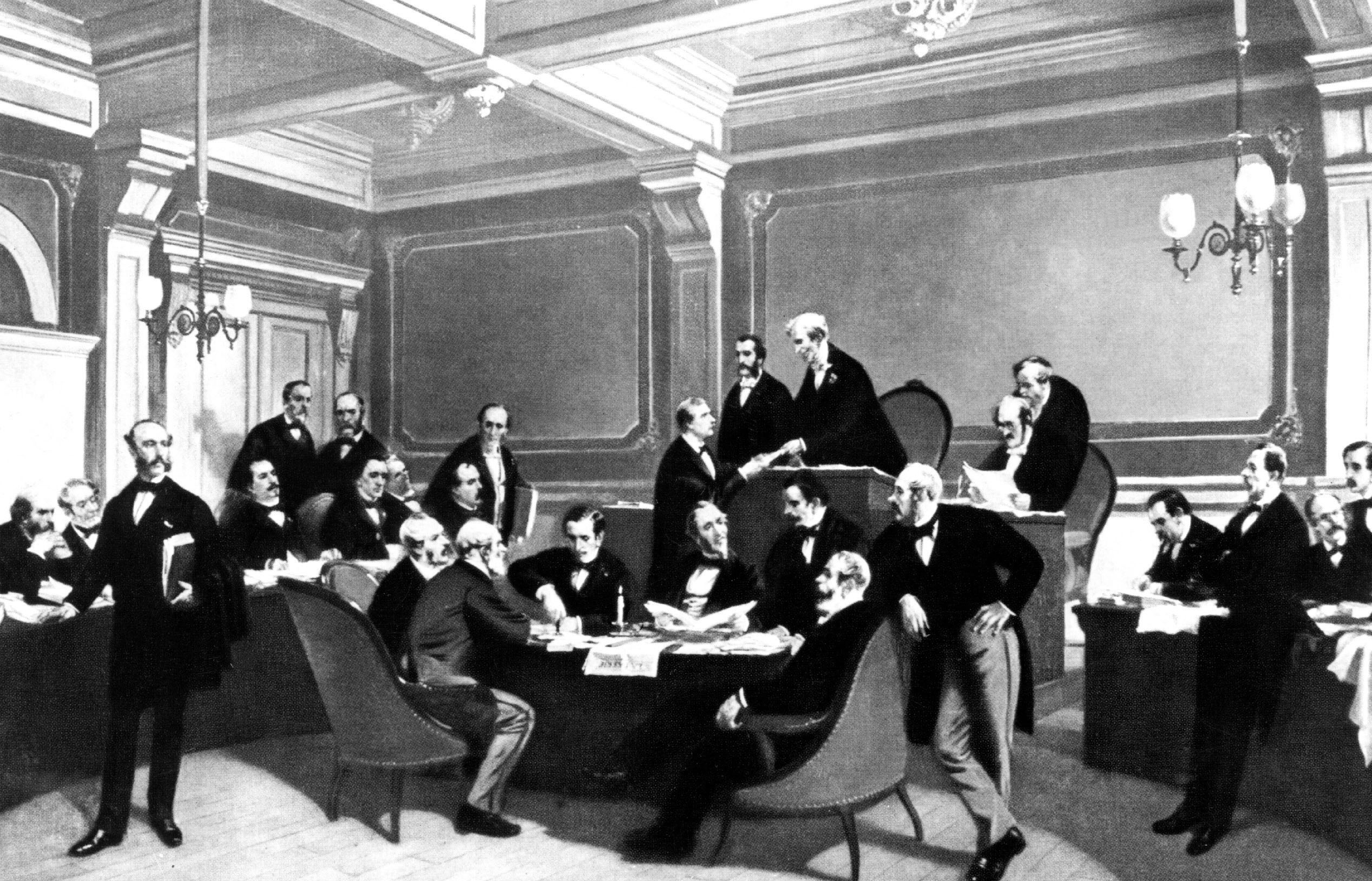Where is the leadership? Where is the imagination? Confronting a humanitarian system in crisis and resistant to change
DOI:
https://doi.org/10.21153/thl2024art2068Keywords:
humanitarian system, principles, equity, solidarity, compassion, diversityAbstract
The humanitarian ‘system’, however defined, has evolved considerably over the last decade. It has become more professional, standards are better understood and applied, there is greater professionalisation of the sector and humanitarians are better qualified and knowledgeable. The ‘system’ has also become very complex. There are more disasters, and they are more intricate and intractable. New initiatives appear to be set up almost every year to address these challenges, yet failures are often mentioned in passing rather than properly and honestly acknowledged. The sector makes agreements and promises to ensure more funding gets to communities affected by disasters, yet these promises are woefully unmet. In 2019, Matthew Clarke and Brett Parris proposed new humanitarian principles to tackle the increasing scale, intensity, complexity and intractability of humanitarian crises—equity, solidarity, compassion and diversity. However, given the circumstances outlined above, perhaps it is prudent to question not the principles but their application. In this paper, I reflect on these principles five years’ later and contend that they will only complement the original principles of humanity, impartiality, neutrality and independence if they help adjust the humanitarian architecture to be more inclusive and hold itself truly accountable. Rhetoric is no longer enough and requires action within the sector to address its structure, governance, inclusivity and diversity. It requires leadership, imagination and courage.
Downloads
References
Ali, D. et al. (2020). ‘The West’s humanitarian reckoning’ in Rethinking Humanitarianism. The New Humanitarian. https://www.thenewhumanitarian.org/opinion/2020/07/01/black-lives-matter-aid-power-rethinking-humanitarianism-takeaways
Clarke, M., & Parris, B.W. (2019). Working Paper 001. Vale the Humanitarian Principles. PRINCIPLES: NEW PRINCIPLES FOR A NEW ENVIRONMENT. The Humanitarian Leader. The Centre For Humanitarian Leadership. https://centreforhumanitarianleadership.org/leader
Doane, D. (2024). The INGO Problem - Power, privilege, and renewal. Practical Action Publishing.
OCHA. (2012). OCHA on Message: Humanitarian Principles. United Nations Office for the Coordination of Humanitarian Affairs, New York & Geneva,
OCHA. (2023). Annual Report. OCHA
Giridharadas, A. (2018). Winners Take All: The Elite Charade of Changing the World. Alfred A. Knopf.
Kamal, A. (2023). Beyond the ‘Egosystem’: A case for locally led Humanitarian Resistance. The Humanitarian Leader. The Centre For Humanitarian Leadership.
Krause, L-K. et al. (2020). More in Common, Robert Bosch Stiftung
Metcalfe-Hough, V., Fenton, W. & Manji, F. (2023, June). HPG commissioned report: The Grand Bargain in 2022. An independent review. Humanitarian Policy Group and ODI.
Seiff, A. (2022). Backroom aid: The groups helping behind the scenes. The New Humanitarian. https://www.thenewhumanitarian.org/feature/2022/10/11/H2H-NGOs-innovation-assistance
Slim, H. (2022). Humanitarian resistance: Its ethical and operational importance. Humanitarian Practice Network. https://efaidnbmnnnibpcajpcglclefindmkaj/https://odihpn.org/wp-content/uploads/2022/09/Humanitarian-resistance_NP_web.pdf
Sriskandarajah, D. (2024). Power to the People: Use your voice, change the world. Headline Press.
Worley, W. (2024). International aid agencies pay the price for boom and bust. The New Humanitarian.







